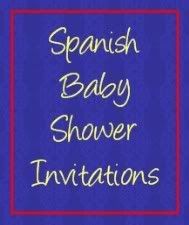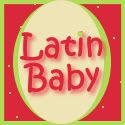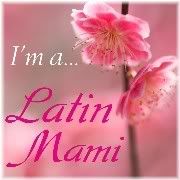Latino parents and educators may find the following books to be great resources for learning how to get involved in their children's education. Click on the title to read more reviews or to purchase your copy.
Involving Latino Families in Schools: Raising Student Achievement Through Home-School Partnerships by Concha Delgado Gaitan to be a wonderful resource. The book has received excellent reviews and is highly recommended. This updated edition of Setting Our Sights outlines the five stages for equity reform, while clearly explaining research findings and offering practical tools and examples.
Building Culturally Responsive Classrooms: A Guide for K-6 Teachers by Concha Delgado Gaitan. The author shows how teachers honoring real culture can transform the context and content within their classrooms while creating learning settings that challenge students academically.
 Quality Education for Latinos and Latinas: Print and Oral Skills for All Students, K-College by Rita Portales and Marco Portales. As educators and legislators across the country debate how to improve public schools, the most vital factor often disappears from the equation--the relationship between the teacher and the student. According to veteran educators Rita and Marco Portales, this relationship is the central issue in the education of students, especially Latino/a students who often face serious barriers to school success because of the legacy of racism, insufficient English-language skills, and cultural differences with the educational establishment. To break down these barriers and help Latino/a students acquire a quality education, the Portaleses focus attention on the teacher-student relationship and offer a proven method that teachers can use to strengthen the print and oral skills of their students. They begin by analyzing the reasons why schools too often fail to educate Latino/a students, using eloquent comments from young Latinos/as and their parents to confirm how important the teacher-student relationship is to the student's success. Then they show how all educational stakeholders--teachers, administrators, state education agencies, legislators, and parents--can work together to facilitate the teacher-student relationship and improve student education. By demonstrating how teachers can improve students' reading, critical thinking, writing, and oral communication skills across the curriculum, they argue that learning can be made more relevant for students, keeping their interest levels high while preparing them for academically competitive colleges.
Quality Education for Latinos and Latinas: Print and Oral Skills for All Students, K-College by Rita Portales and Marco Portales. As educators and legislators across the country debate how to improve public schools, the most vital factor often disappears from the equation--the relationship between the teacher and the student. According to veteran educators Rita and Marco Portales, this relationship is the central issue in the education of students, especially Latino/a students who often face serious barriers to school success because of the legacy of racism, insufficient English-language skills, and cultural differences with the educational establishment. To break down these barriers and help Latino/a students acquire a quality education, the Portaleses focus attention on the teacher-student relationship and offer a proven method that teachers can use to strengthen the print and oral skills of their students. They begin by analyzing the reasons why schools too often fail to educate Latino/a students, using eloquent comments from young Latinos/as and their parents to confirm how important the teacher-student relationship is to the student's success. Then they show how all educational stakeholders--teachers, administrators, state education agencies, legislators, and parents--can work together to facilitate the teacher-student relationship and improve student education. By demonstrating how teachers can improve students' reading, critical thinking, writing, and oral communication skills across the curriculum, they argue that learning can be made more relevant for students, keeping their interest levels high while preparing them for academically competitive colleges.










No comments:
Post a Comment